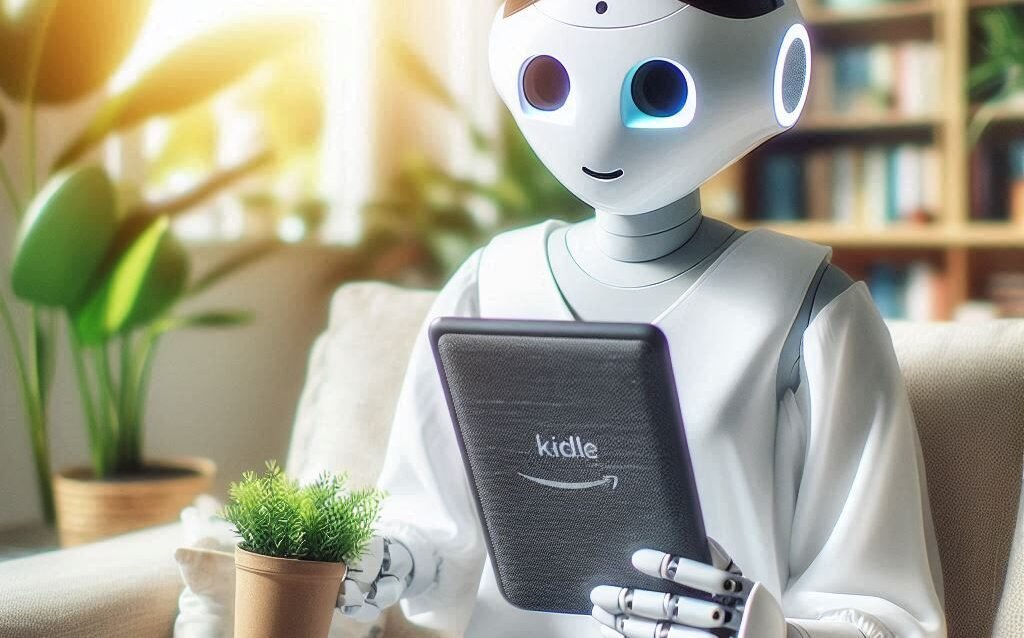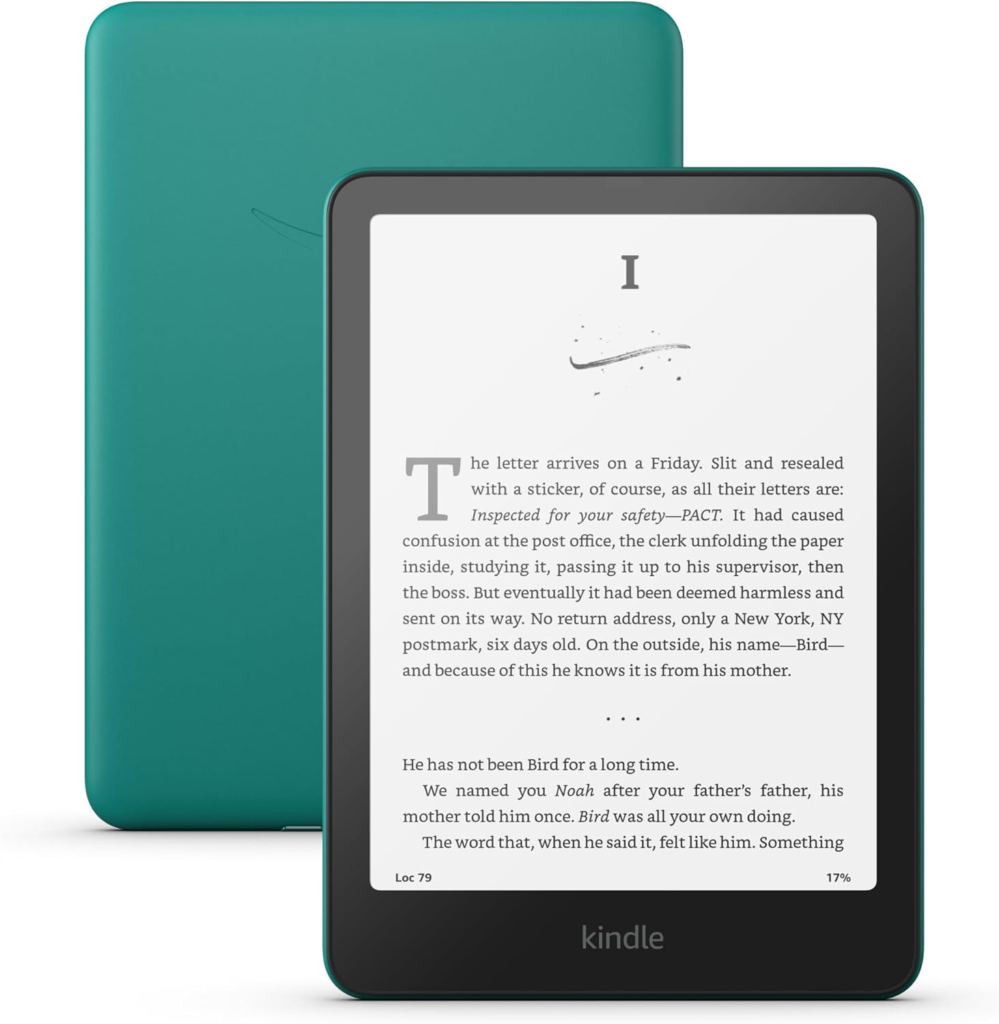The Evolution of Home Technology
Home technology has undergone a significant transformation over the past few decades, driven by advancements in electronics, computing, and connectivity. The journey began with the advent of basic household appliances, which streamlined everyday chores but lacked the intelligence that modern devices possess. As society progressed, the introduction of programmable devices, such as microwaves and washing machines, marked the first steps towards greater automation in the home.
The emergence of personal computing in the 1980s and 1990s further revolutionized household technology. Computers became commonplace in homes, providing users with tools for entertainment, productivity, and communication. This period also saw the release of the first smart home devices, such as smart thermostats and security systems, albeit in rudimentary forms. The Internet’s rapid expansion in the late 1990s laid the groundwork for these devices to connect not merely to themselves but to the ever-growing network of the Internet.
As the 2000s progressed, the concept of the Internet of Things (IoT) began gaining traction. The integration of sensors and Internet connectivity into everyday objects allowed for enhanced user interaction and control. Consumers began to demand more interconnected devices that could be controlled remotely, prompting manufacturers to innovate rapidly. Smart home systems capable of monitoring environmental conditions, managing energy consumption, and enhancing security features entered the marketplace, appealing to tech-savvy individuals looking for convenience.
The introduction of Amazon Alexa in 2014 marked a pivotal moment in the evolution of home technology. By incorporating voice assistance into smart home devices, Alexa transformed the user experience, making interactions more intuitive. The seamless connectivity offered by IoT devices ushered in a new era of home automation, making voice recognition a central feature in the smart home landscape. As consumer interest in these technologies continues to grow, the stage is set for further innovations in the realm of home technology.
(Purchase today by clicking on the image)
Introducing Alexa: The Voice Assistant Revolution
The introduction of Amazon Alexa marked a significant turning point in the way consumers interact with technology within their homes. Launched in November 2014, Alexa was designed as the voice-controlled intelligent personal assistant embedded in the Amazon Echo device. This innovative technology has fundamentally transformed user engagement by integrating sophisticated Artificial Intelligence (AI) capabilities and enabling seamless smart home integration.
At its core, Alexa allows users to control various smart devices through simple voice commands. Whether it’s adjusting the thermostat, turning on the lights, or playing music, Alexa provides a hands-free experience that enhances convenience in everyday life. Users can simply utter phrases like “Alexa, turn on the living room lights,” and the device responds instantly, showcasing the efficiency and applicability of voice recognition technology.
The rise of compatible smart devices following Alexa’s release further revolutionized home interaction. A multitude of gadgets, including cameras, locks, and even kitchen appliances, now feature Alexa integration. This expansion encourages users to create a cohesive smart home ecosystem, where devices communicate seamlessly through Alexa. Furthermore, Alexa’s adaptability allows it to understand a wide variety of commands and offer personalized experiences based on user preferences.
User experiences with Alexa have been overwhelmingly positive, with many praising the technology for making tasks easier and more efficient. The ability to set reminders, check the weather, or even make shopping lists via voice commands has made Alexa an integral part of many households. As a result, this device has not only revolutionized how consumers engage with technology but also set the stage for future innovations in the voice assistant market. With a vast array of skills and functionalities, Alexa continues to pave the way for advancements in home automation.
The Kindle Experience: Transforming Reading Habits
The launch of the Kindle in 2007 marked a significant milestone in the evolution of reading culture. This innovative e-reader not only transformed how individuals engage with literature but also revolutionized the publishing industry. With its sleek design and digital capabilities, the Kindle offered readers unprecedented convenience, allowing them to carry thousands of books in a single device. This portability shifted reading habits significantly, as users could read anywhere, from public transport to vacation spots, without the burden of heavy books.
One of the most transformative features of the Kindle is its accessibility to a vast library of titles. Readers are no longer limited to physical bookstores or local libraries; instead, they have access to a global marketplace of books available at their fingertips. The introduction of Kindle Unlimited further enhanced this accessibility, providing subscribers with unlimited access to a wide range of literature. This shift has encouraged a culture of discovery among readers, who can explore different genres and authors without the financial risk associated with purchasing multiple titles.
The impact of the Kindle extends beyond individual readers; it has reshaped the publishing landscape. Authors and publishers have had to adapt to the rise of e-books, leading to new publishing models and marketing strategies. Self-publishing became a viable avenue for many authors, who found success in reaching their audiences directly via Kindle. This democratization of publishing has resulted in a diverse and rich literary ecosystem, where deep niches can flourish alongside mainstream bestsellers.
As a result of these changes, reading is now more adaptable to the fast-paced lifestyle of modern consumers. The Kindle has not only encouraged people to read more but has also fostered a sense of community among e-readers through features like highlights and annotations, allowing readers to share insights and discuss their favorite books. Overall, the Kindle experience has undeniably transformed reading habits, making literature more accessible and engaging than ever before.
Amazon’s Broader Impact on Home Technology and Literature
Amazon’s introduction of the Kindle and Alexa has significantly transformed not only individual experiences in reading and home management but has also catalyzed broader innovation throughout the tech industry. In the realm of e-reading, the Kindle popularized digital books, driving both traditional publishers and self-publishing authors to adapt their strategies and formats. The seamless integration of features such as adjustable font sizes, built-in dictionaries, and the ability to highlight text and make notes have elevated the reading experience, making it more interactive and personalized. Other companies have since emerged, inspired by this shift, developing their own e-readers and associated applications while competing for consumer attention in a rapidly evolving market.
On the smart home front, Amazon’s Alexa has prompted a wave of innovation among tech companies looking to create their own voice-activated assistants and smart home devices. This competition has led to advancements in home automation, resulting in smarter living environments that enhance convenience and connectivity. From controlling lighting and temperature to managing security systems, Alexa’s pivotal role has inspired innovations that integrate seamlessly into daily life, thereby redefining how households operate. The introduction of smart devices has not just been a technological advancement; it has also encouraged consumers to rethink their interactions within their homes, pushing towards a more integrated and automated lifestyle.
Furthermore, these advancements have broader cultural implications. The reliance on devices like Alexa and e-readers has influenced social norms surrounding communication and interaction. The convenience of technology is reshaping consumer habits, with a growing preference for digital over physical formats. This shift reflects a broader trend of embracing technology, impacting not just reading experiences but also how families and friends connect and communicate. As technology continues to advance, the interplay between innovation and consumer behavior will likely evolve, reshaping our domestic lives in ways we have yet to fully anticipate.
(Purchase today by clicking on the image)






